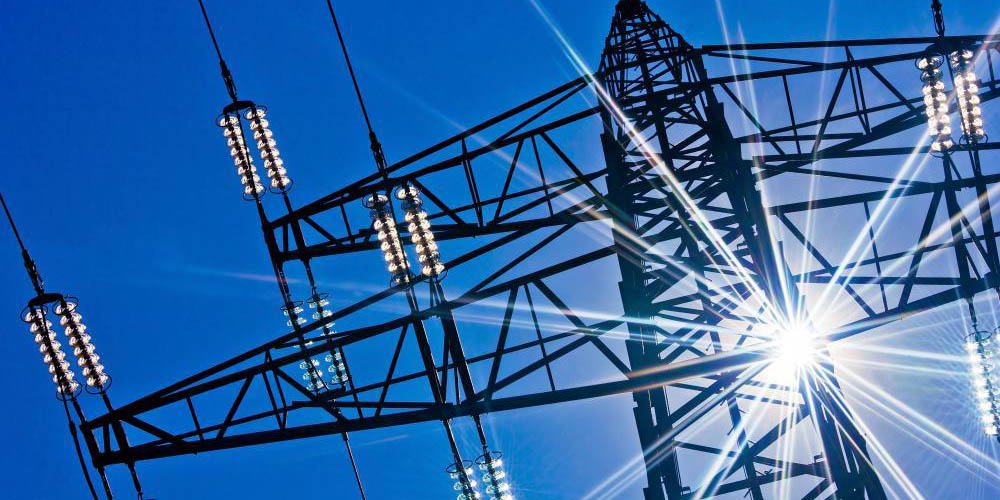Mackinac: Senate energy bill would end electricity choice


There has been a lot of talk in Michigan about “electricity choice” and a Senate energy bill that is supposed to solve many of the state’s energy challenges. A few of the big players in the discussion have suggested Michigan will face a dire future if that legislation, and their take on the issue, isn’t implemented.
For example, DTE chairman and CEO Gerry Anderson said, “The lights aren’t out yet, but we need to move. The people who understand this (issue) … are worried.”
Continuing on that theme, Citizens for Michigan’s Energy Future, supported by DTE and Consumers Energy – the state’s two big electric utilities – has reported spending approximately $7.4 million on TV, radio, and print advertising in 2015. Their ads warn that there will be an “energy shortfall” unless legislation like Senate Bill 437 is passed.
Unfortunately for Michigan residents, that bill would end electricity choice in the state and give DTE and Consumers even more control over the electricity system here.
Senate Bill 437 is sponsored by Sen. Mike Nofs, a Republican from Battle Creek who chairs the Senate Energy and Technology Committee. Nofs and both major utilities contend that Michigan’s limited program in electricity choice is not threatened by this legislation. Nofs even went so far as to reassure Michigan residents that, ”Under my bill, those who are currently on electric choice can stay on it forever."
But forever is a long time, and one very close observer of the energy industry suggests the senator's assessment may not be completely accurate. In April 2015, UBS Financial Services discussed the likely impacts of the House version of this energy legislation on DTE and Consumers stock in two April 2015 newsletters. UBS reported that it expected Michigan’s electricity choice system, which is also called Retail Open Access, “to whither organically under the law.” UBS also told readers if electricity choice were to end, per-share earnings of the two utilities were likely to increase by 5 to 6 percent in this new, supportive environment.
So the big utilities stand to make a substantial profit if choice “withers.” But Michigan energy users have repeatedly stated in public polling that they value electricity choice and would like to see it expanded. In one 2013 poll, 82 percent of Michigan residents supported electricity choice. A 2016 poll showed that 66 percent supported expanding electricity choice beyond the current 10 percent limit.
The state government’s annual “Status of Electricity Competition In Michigan” report lends support to the polling data. It describes how, in December 2015, over 11,000 electricity customers were on the waiting list to join the choice program. Furthermore, if the 10 percent cap on choice were lifted, the report notes that one in four Michiganders would choose to buy electricity from an alternative supplier.
Those who do not support choice also argue consistently that if generation capacity is not located within Michigan’s boundaries, system reliability will be lessened. But additional generation capacity exists outside the state. In fact, DTE has invested in generating capacity in neighboring Ohio, a state with electricity choice. Its actions contradict the notion that big utilities in Michigan will find new investments worthwhile only if the Legislature passes laws that remove the small sliver of choice Michigan residents currently have.
To make matters more frustrating, Michigan’s residents have actually already paid to have new capacity constructed in Michigan. Both DTE and Consumers benefited from a $2.2 billion windfall in 2004. They received state-backed loans meant to cover the costs of building new generation and to compensate the two for the switch from a fully regulated to deregulated system in 2000. The costs of those loans were covered by the people of Michigan over the following 11 years through electric surcharges on their monthly bills.
However, that $2.2 billion was not returned to the people of Michigan in 2008, when the state Legislature took away most of Michigan’s choice by re-monopolizing, or giving back to DTE and Consumers, a 90 percent guarantee of retail electricity sales with Public Act 286.
It’s ironic that the utility solution to an alleged upcoming shortage is to bar anyone else who wants to supply electricity. If there really is an impending shortage, the answer is not to give the big utilities their full monopoly back. Instead, it’s to let in the suppliers who are kept out of the market by the 10 percent cap.
See what new members are saying about why they donated to Bridge Michigan:
- “In order for this information to be accurate and unbiased it must be underwritten by its readers, not by special interests.” - Larry S.
- “Not many other media sources report on the topics Bridge does.” - Susan B.
- “Your journalism is outstanding and rare these days.” - Mark S.
If you want to ensure the future of nonpartisan, nonprofit Michigan journalism, please become a member today. You, too, will be asked why you donated and maybe we'll feature your quote next time!
 Ted Bolema, left, is an adjunct scholar with the Mackinac Center for Public Policy. Jason Hayes is director of environmental policy at the center.
Ted Bolema, left, is an adjunct scholar with the Mackinac Center for Public Policy. Jason Hayes is director of environmental policy at the center.